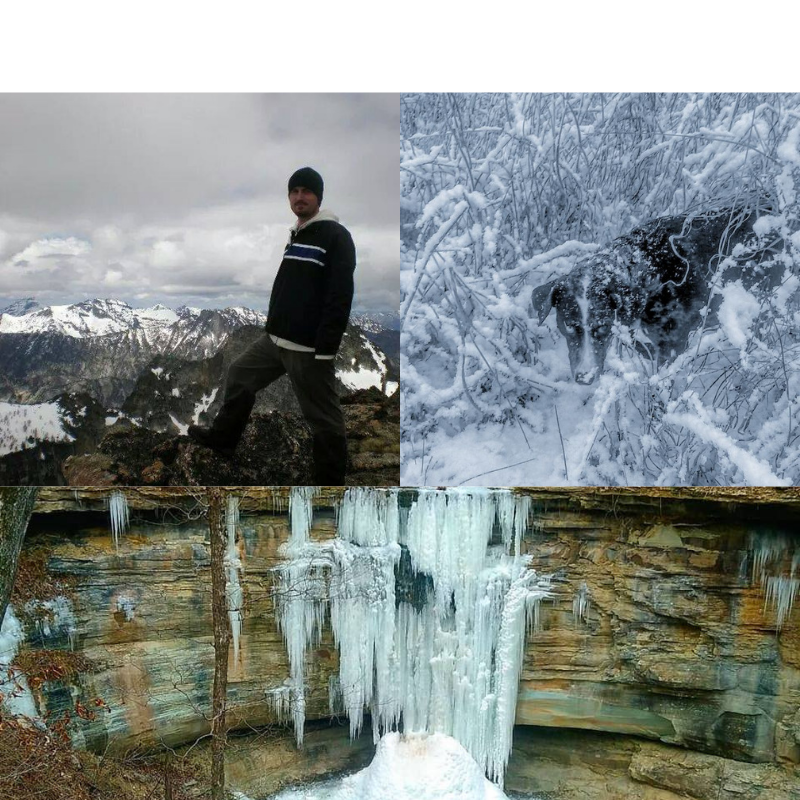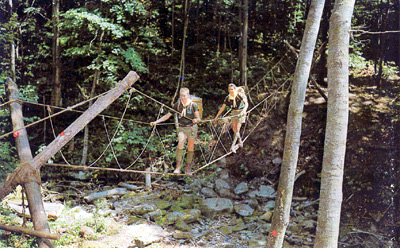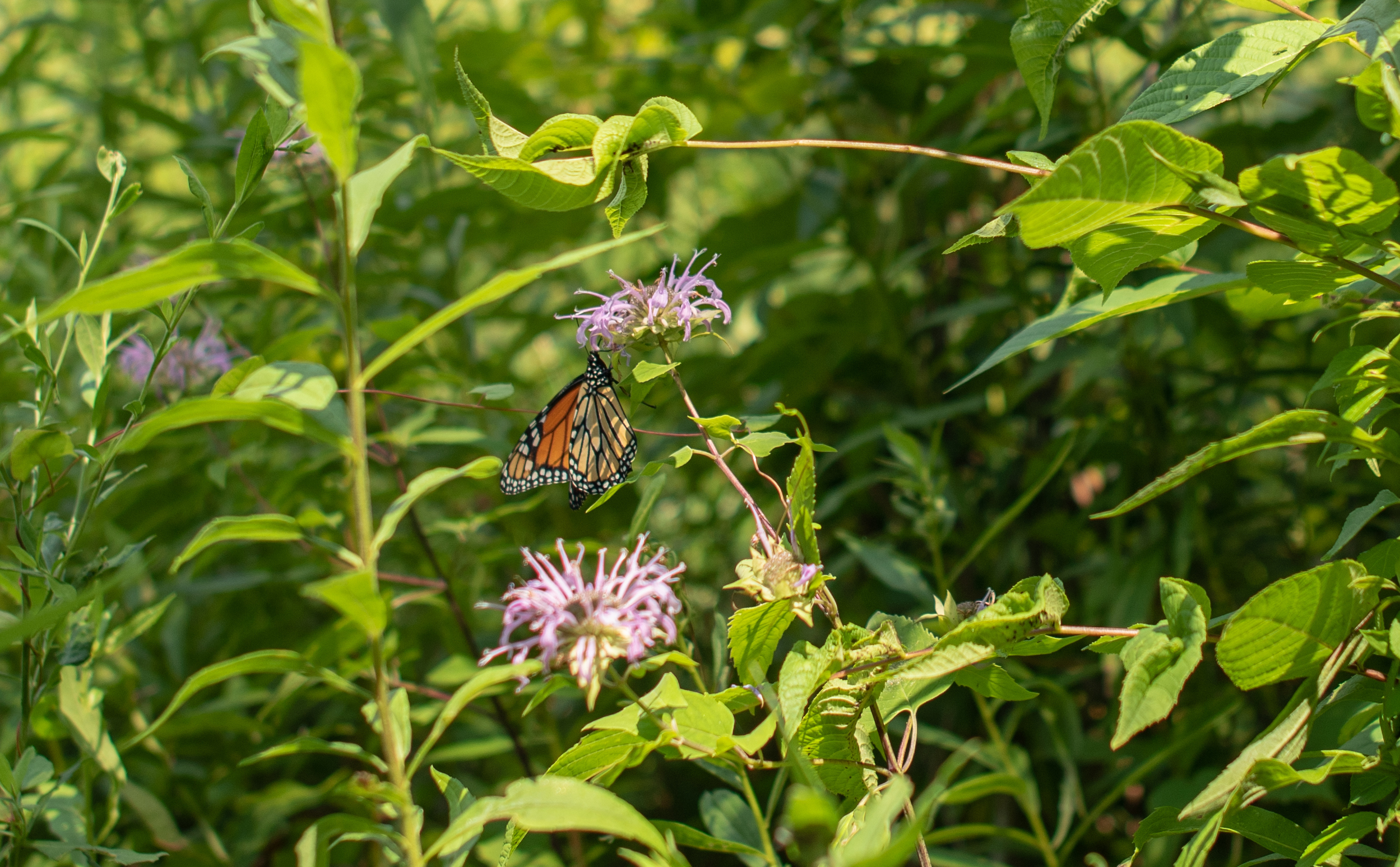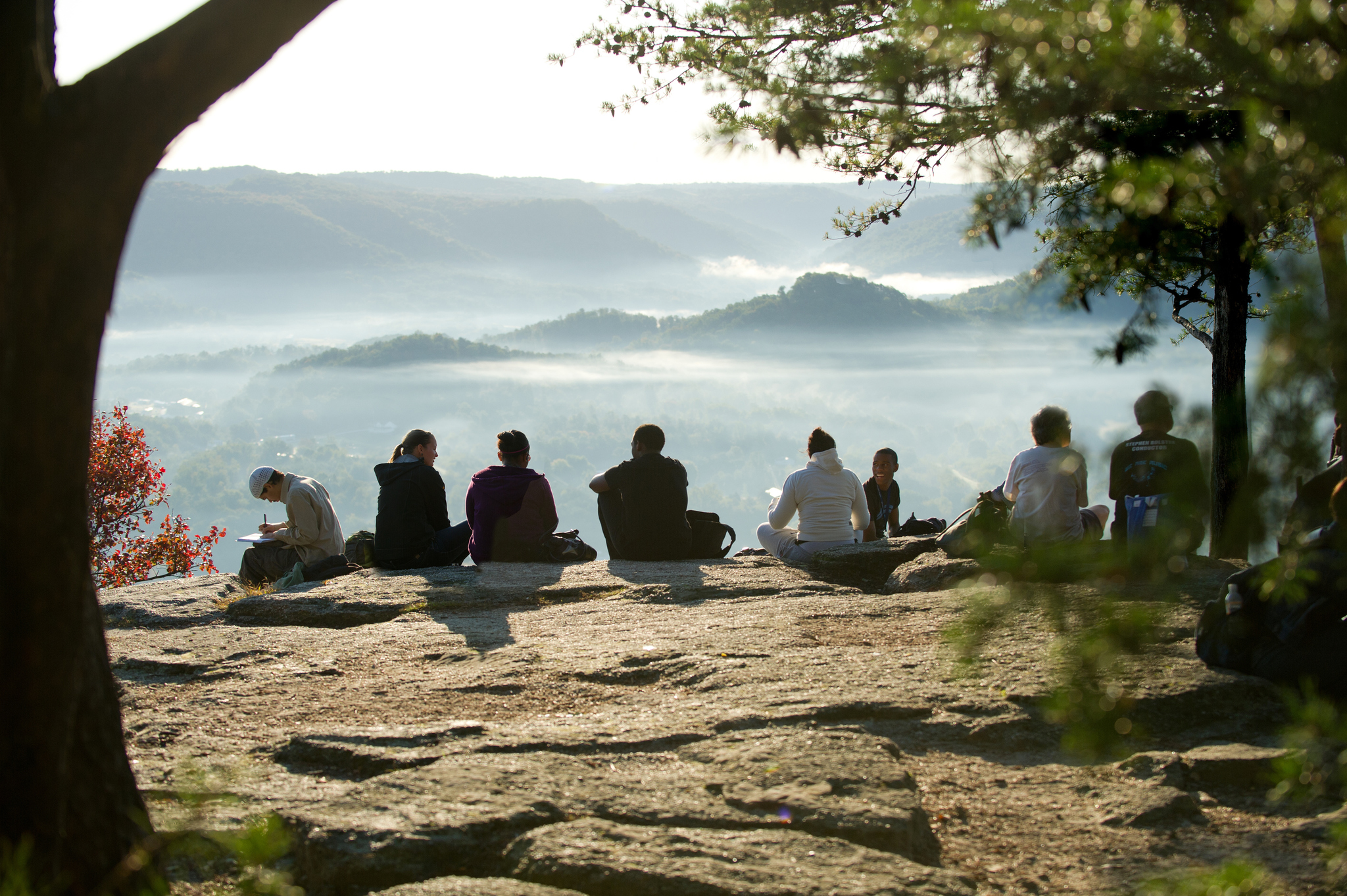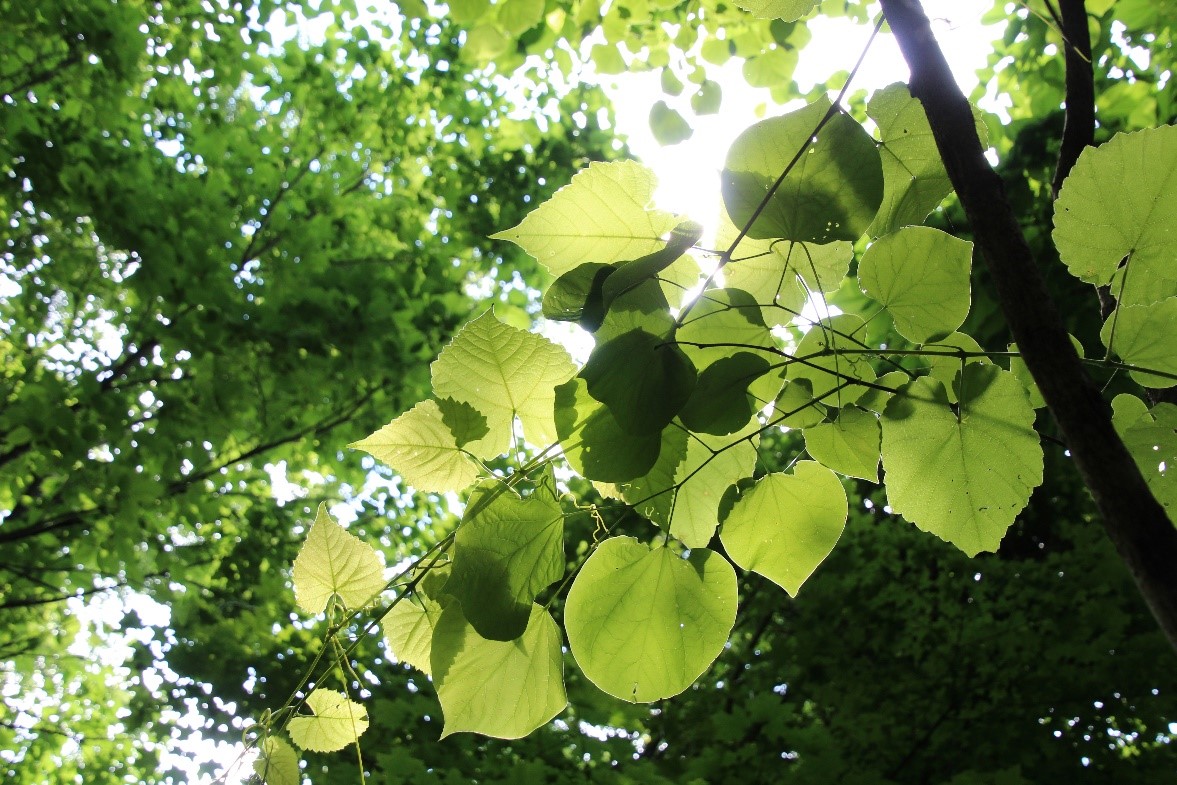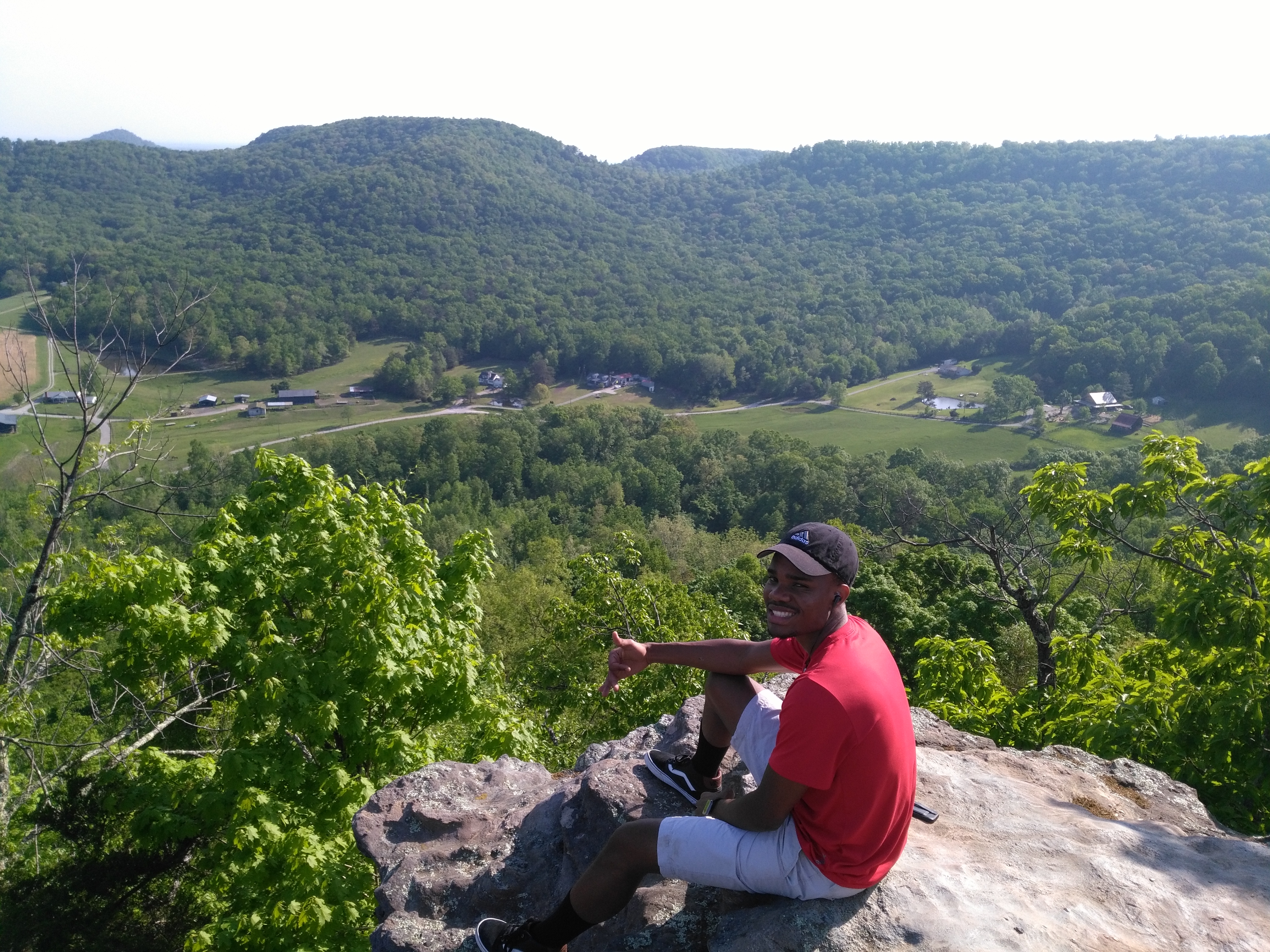by Jordan Byrnes
Winter has arrived in Kentucky. The winter solstice is December 21st, but for me winter begins when the thermometer drops below 32◦, the last leaves fall, and sunset is around 5:00pm. The lack of sunlight, fresh air, and time outdoors can be disheartening.
Winter can be inhospitable, but I see silver linings. Every season is full of gifts and opportunities. Some of these are easy to identify and understand. The new beginnings of spring, the sunny summer moments of carefree living, the bountiful and colorful autumn harvest.
Others are not so easy. The violent storms that come when seasons change, the brutal heat of summer, or the bitter cold of winter. These require us to look beyond appearances to see deeper meaning.
Read more “To Everything There is a Season”

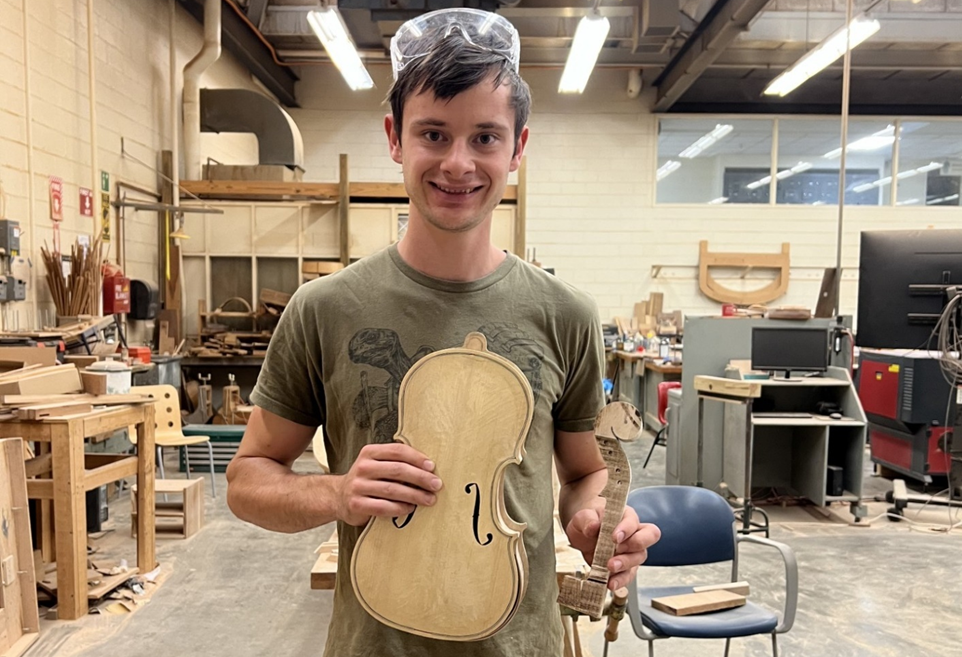
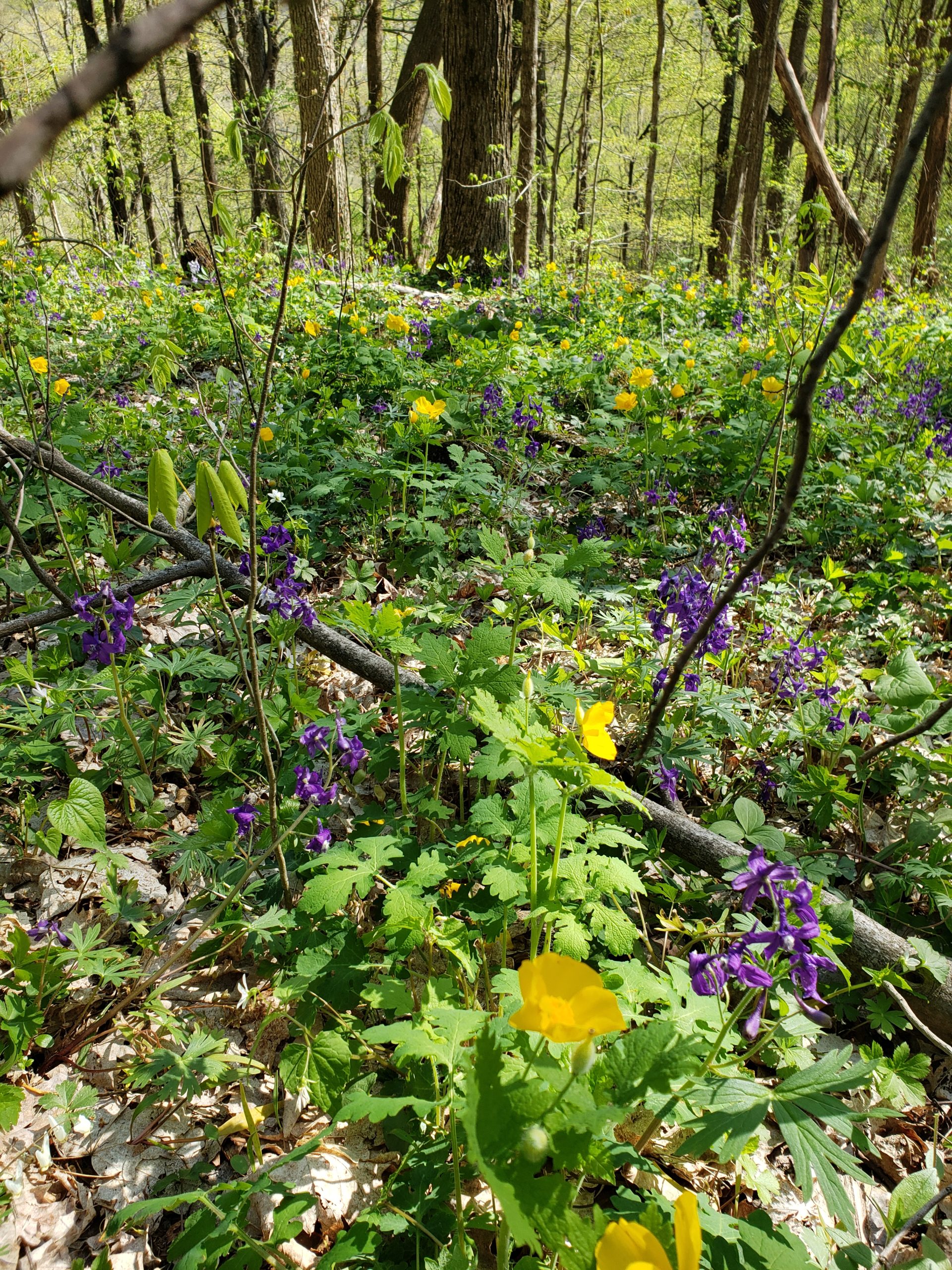
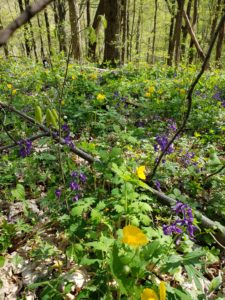 Anniversary of the first Earth Day celebration.
Anniversary of the first Earth Day celebration.